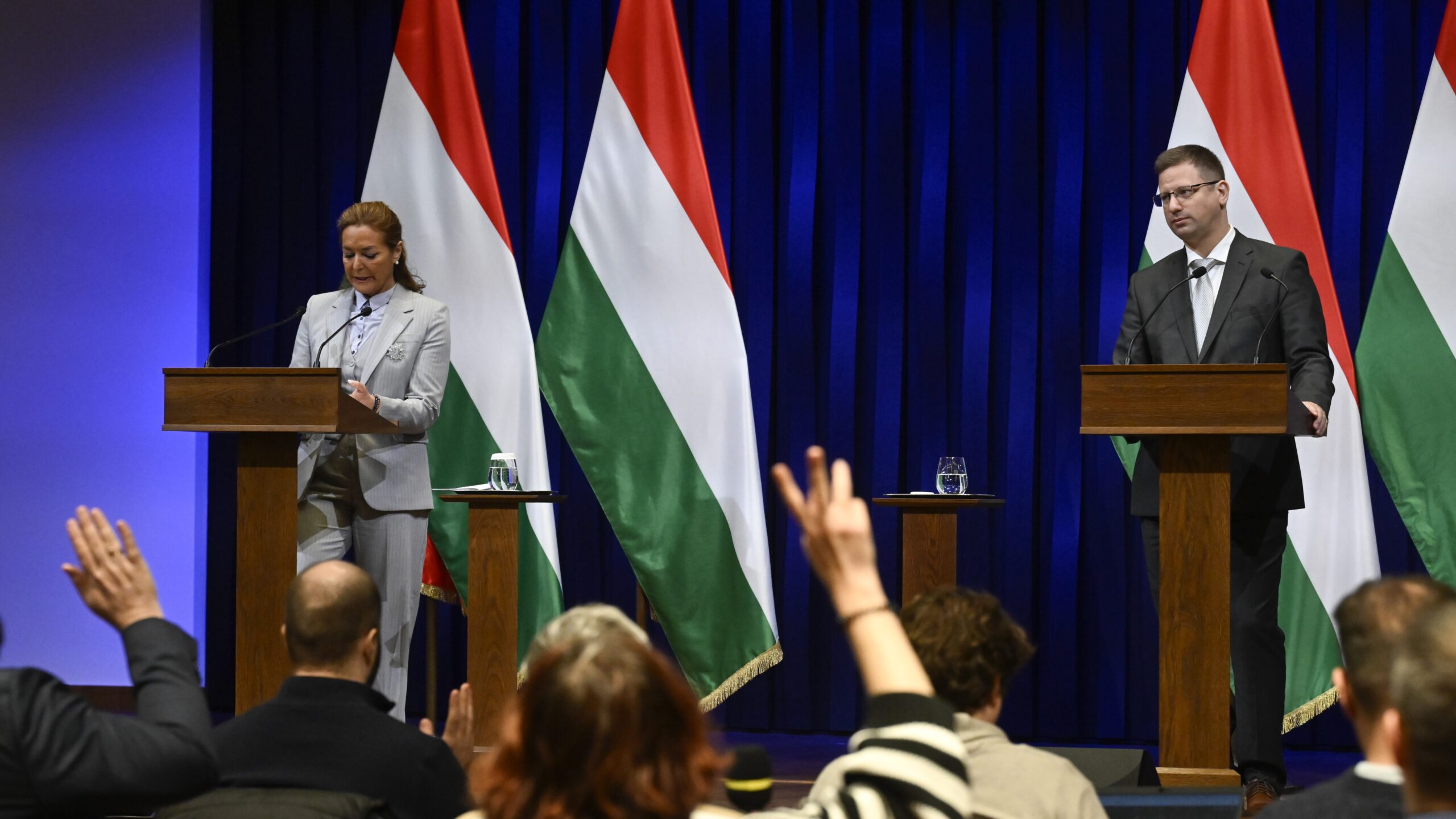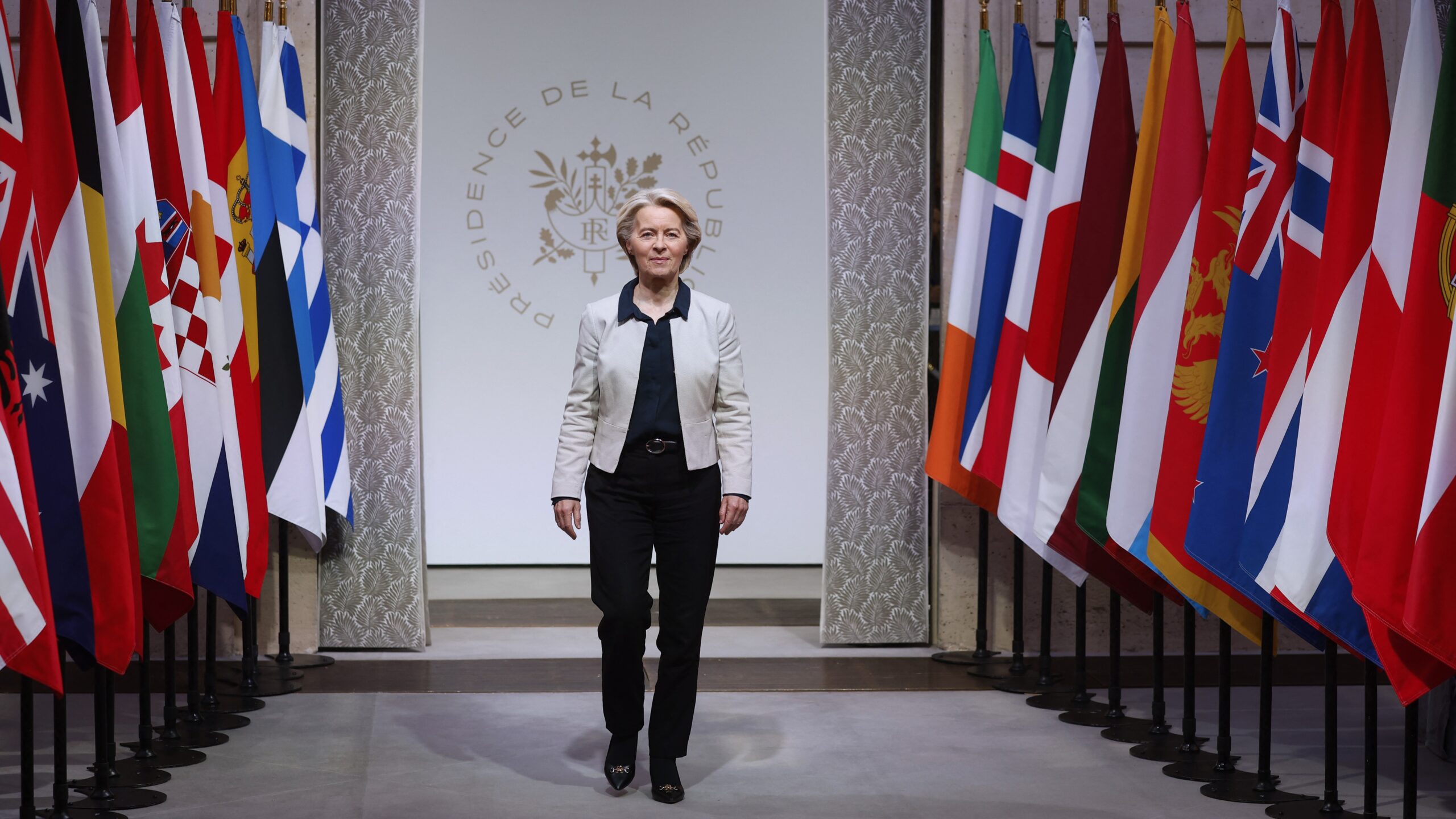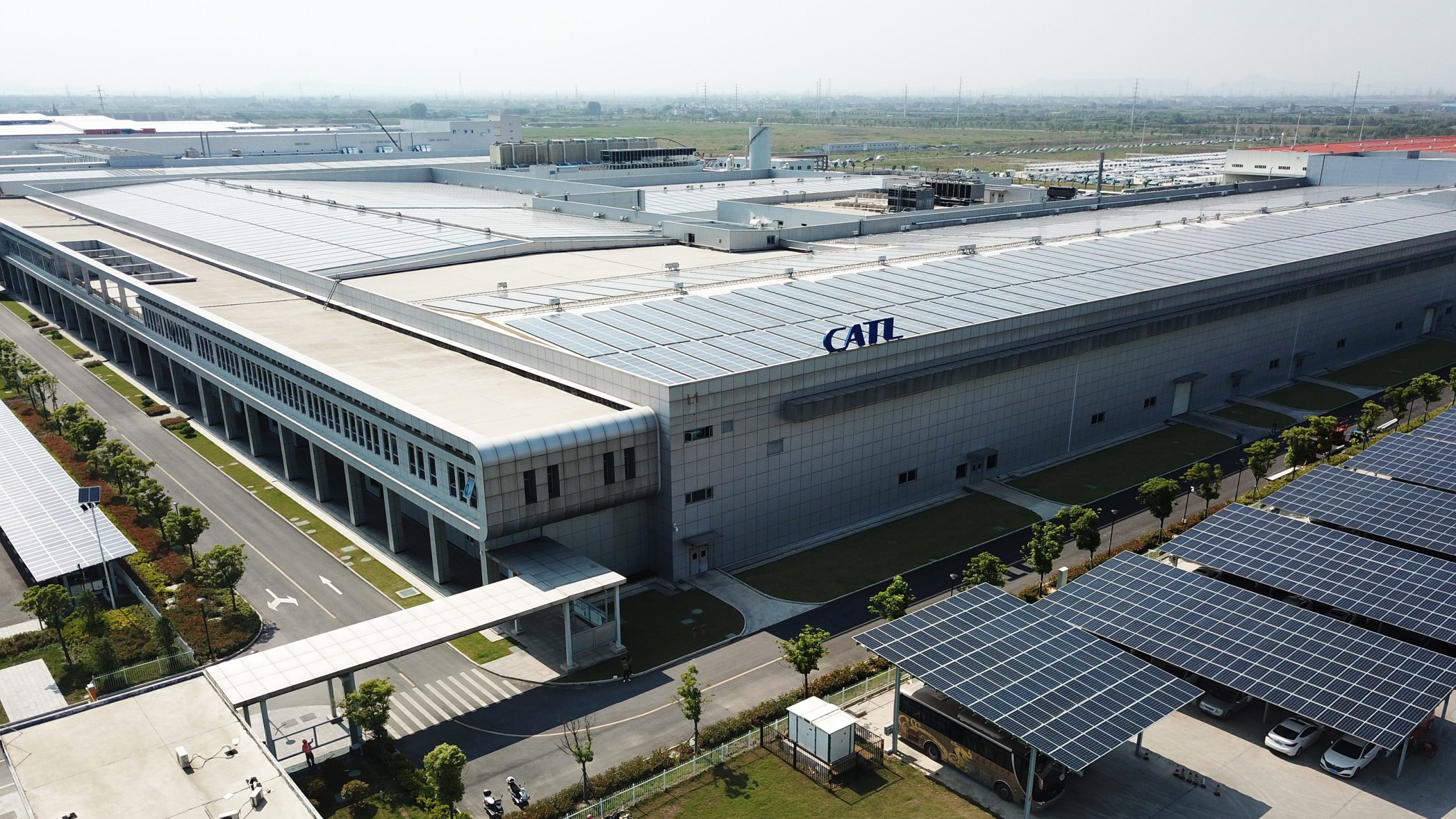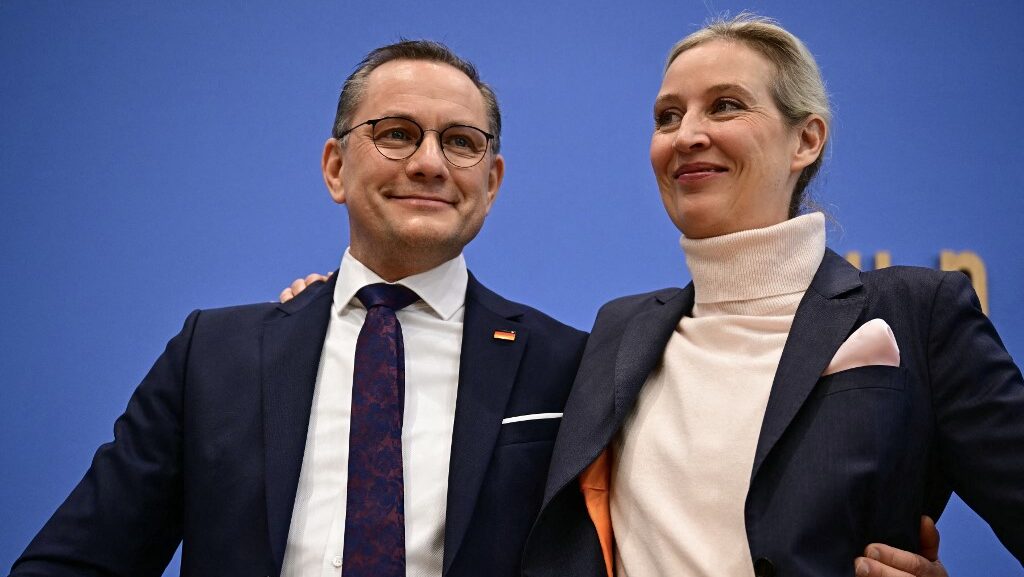
Saint Emeric, Patron Saint of Hungarian Youth
‘In addition to his role as patron of the country, the prince who died in an unfortunate accident had to wait centuries to find his place among the Hungarian saints, so that his legend could be used to inspire young schoolchildren and promote Catholicism to them.’









